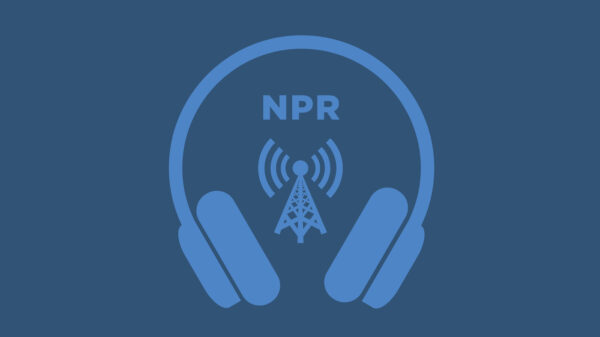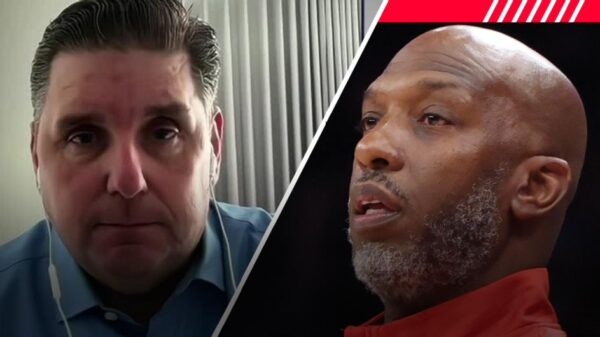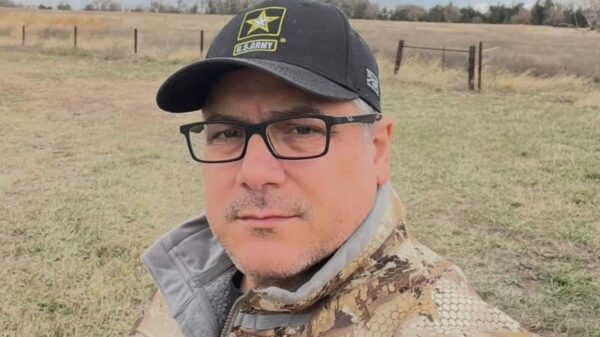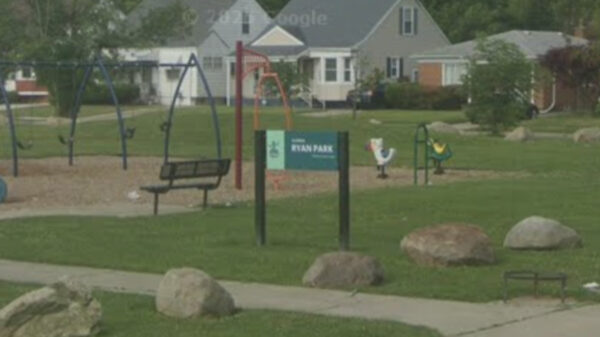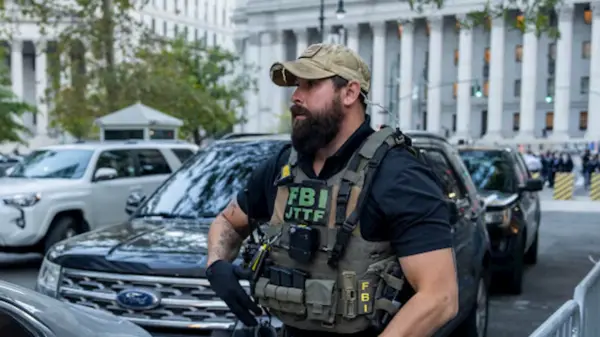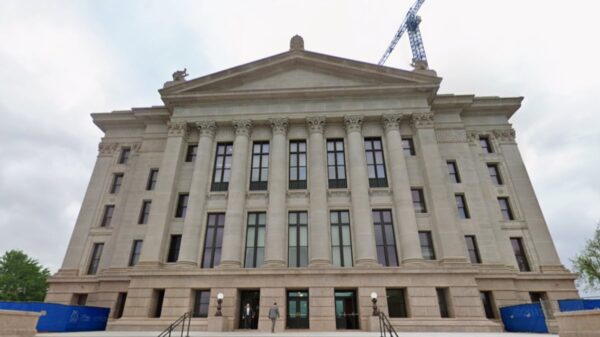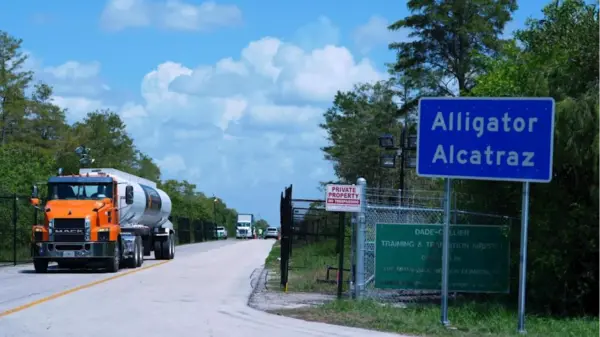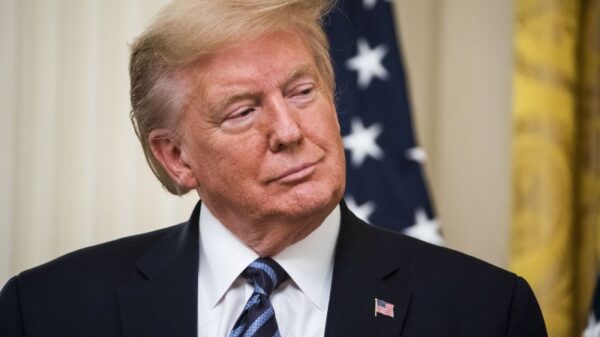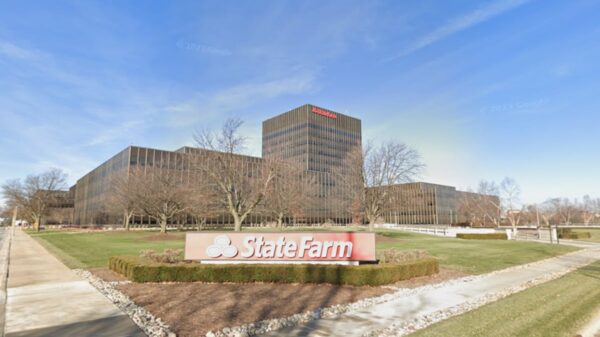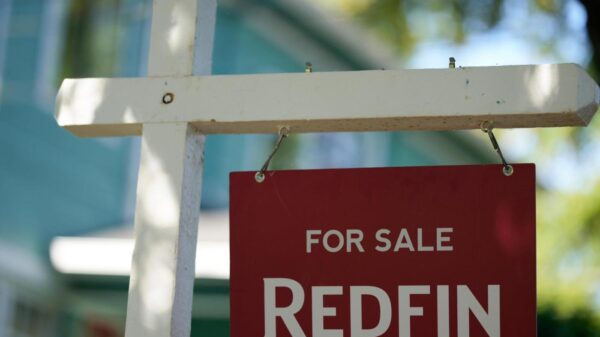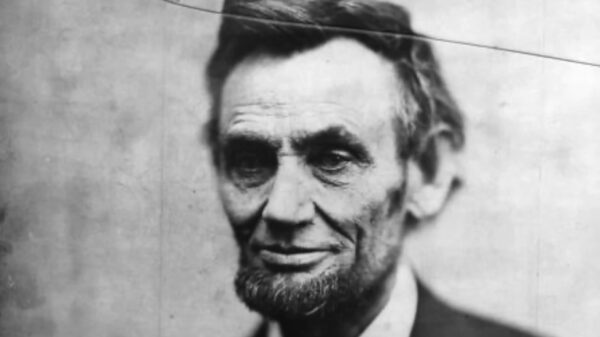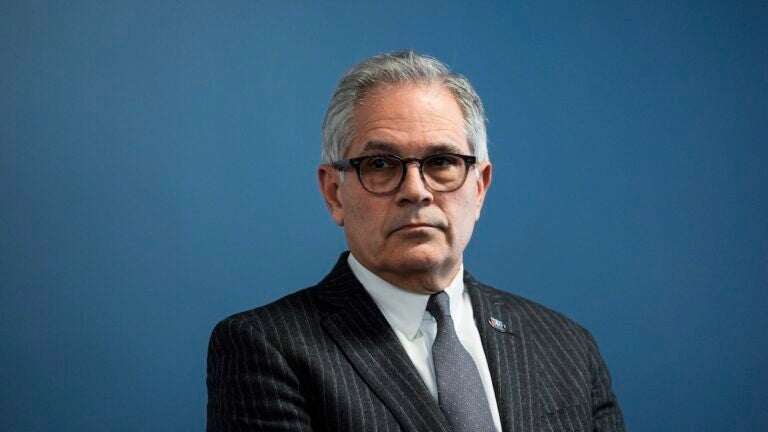Philadelphia District Attorney Larry Krasner has defended the city’s cashless bail system in response to an executive order signed by President Donald Trump. The order, issued on August 7, 2023, mandates that U.S. Attorney General Pam Bondi identify states and jurisdictions that have significantly reduced cash bail for pretrial release. The Trump administration aims to review federal funds allocated to these areas, which could lead to potential suspensions or terminations of financial support.
In his executive order, Trump characterized the elimination of cash bail as a public safety concern. The order specifically targets jurisdictions that allow cashless bail for offenses that the administration defines as posing a threat to public safety. These offenses include both violent crimes and vandalism, raising alarms about the implications for communities that have adopted reform measures.
Krasner, who has been a vocal proponent of cashless bail for certain nonviolent misdemeanors and felonies, responded sharply to the executive order. He described it as “another example of the Criminal-in-Chief’s authoritarian power grab.” He emphasized that cashless bail systems are more effective in ensuring that individuals who pose a threat remain in custody while awaiting trial, without penalizing those unable to afford bail for minor offenses.
“Cashless bail systems are better at holding people who pose a threat to public safety in custody awaiting trial while not punishing the poor for lower-level crimes,” Krasner stated. He further criticized Trump, pointing out that the former president, with his wealth and past legal troubles, is unlikely to understand the challenges faced by those unable to pay bail.
In Pennsylvania, legislative efforts are underway to prevent federal overreach into local law enforcement. State Senator Art Haywood from Montgomery County is advocating for a bill that would block any federal attempts to take control of policing in the state, similar to actions taken in Washington, D.C., earlier this year.
Krasner implemented changes to Philadelphia’s bail system shortly after taking office in 2018. His administration’s policy prohibits cash bail requests for a range of misdemeanors and nonviolent felonies, such as drug possession and prostitution. New Jersey also reformed its bail system after voters approved a constitutional amendment aimed at reducing reliance on cash bail, addressing fairness for low-income individuals.
Research from the Prison Policy Initiative highlights the significant impact of cash bail on incarceration rates, revealing that approximately 70% of those held in city and county jails are awaiting trial. Studies suggest that eliminating cash bail has contributed to a decrease in rearrest rates among individuals charged with nonviolent crimes.
Despite these findings, the practice of cashless bail has faced criticism from conservative factions. The White House has cited a 2022 report from California indicating that over 70% of individuals released under a temporary cashless bail system during the COVID-19 pandemic were rearrested. Trump has labeled jurisdictions without cash bail as “disasters.”
Krasner has consistently rejected such narratives, asserting that the crime statistics presented by the Trump administration do not align with reality. His remarks come in light of Trump’s recent declarations regarding crime rates in various cities.
As the debate over cashless bail continues, the discussions in Philadelphia and beyond reflect broader tensions between local reform efforts and federal oversight. The implications of Trump’s executive order may have lasting effects on jurisdictions striving for a more equitable justice system.
The Associated Press contributed to this report.



